There is no doubt that toxic comments fall under the umbrella of negative behaviors. The reason why this is an issue is that the rate of negative comments has increased exponentially. This is largely thanks to the increase in social media usage. These toxic comments may be threatening, obscene, insulting, or filled with hatred that is identity-based. To offer up some context, in Q1 of 2020 alone on Facebook there were 9.6 million pieces of hate speech. No one is immune to this scourge, and it is something that is pervasive on a global scale.
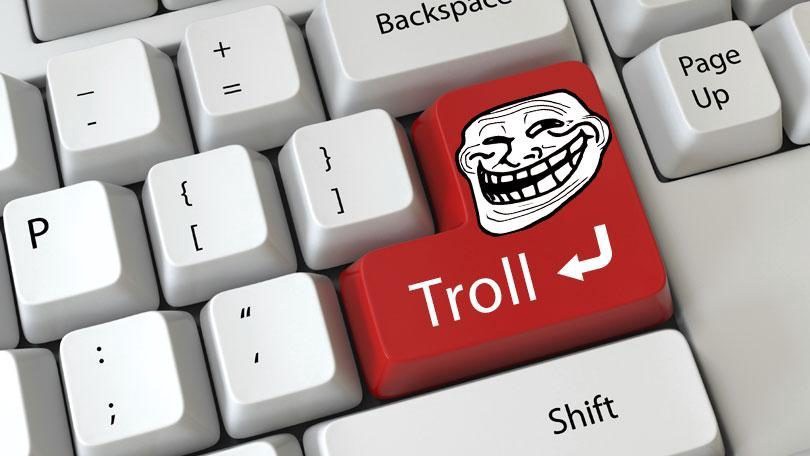
Toxic commentary is something that has been around for a great deal of time and is not something that is going anywhere soon. As the use of technology increases and toxic comments become widespread, and it becomes more pervasive in our lives, we are compelled to mitigate how humans may use it from a negative perspective. What this blog post attempts to do is lift the veil on the obvious issue with toxic comments, its history, why such commentary exists, and how Hyvor Talk could be used to help do away with toxic comments online.
Brief History
I would suppose that online commenting probably has its roots in ancient Greece where symposiums were the commenting forums of that era. A symposium could be generally defined as a meeting organized so that experts in a given field can meet, present papers, and discuss issues and trends or make recommendations for a certain course of action. Symposiums proved to be one of the hallmarks of democracy and Greek civilization. Attendees at a symposium should come away having gained a greater degree of knowledge about a topic or a deeper understanding of an issue. What it seeks to do is further education, increase communication skills, and better oneself so that there is a sense of social and cultural well-being.

It is these types of conversations, which are the basis for free speech, that leads to everlasting change. From the past until now, people have been using free speech to push against societal norms. Without it, the world we live in today could be moving in a completely opposite direction. Debates and discussions are how communities form. Not everyone will have the same opinion, but if one’s opinion is silenced, it’s much harder to respect and understand where they are coming from.
Listening with an open mind, even if it is something you completely disagree with, can lead to the strengthening of your own opinion, and having a better understanding of what is being discussed. If certain groups were silenced, we would be living in a completely biased world. If we were to live under one standard, it would be nearly impossible to instigate change, and the use of personal opinions to inaugurate this change would be obliterated.
Psychology Behind
The main reason why you or I would comment in a toxic manner is for validation, and we are responding to a topic that we probably care deeply about. Having opinions is healthy. It indicates a progressive nature – one which signifies that we are desiring to be better, better educated, and more knowledgeable people. But because everyone has opinions, everyone thinks they are deserving of being heard, applauded, agreed with, admired, and liked for their opinions. The keyword here is deserving, and they will fight, troll, insult, provoke and lie to turn their opinion into the common truth.
Greyrocking is a great tactic when it comes to addressing negative online commentary. This is a potent tactic used against manipulative individuals and also those suffering from Narcissistic Personality Disorder (NPD). It is characterized by behaving in an uninteresting manner so that narcissistic individuals move onto a different form of supply. Discourse is certainly welcome in a forum; however, the usual bad eggs that are present in these communities do display narcissistic characteristics.
Why Are News Sites More Susceptible?
To answer this in one sentence it would mean to state that news sites discuss highly contentious issues. Taking arsTECHNICA as an example, looking at the most commented topics of 2020, you'll see that the majority (if not all) are contentious. News sites have the tips of their index and third fingers to check the pulse of people's viewpoints on the stories that truly matter. With this comes the whole aspect of viewpoints and opinions that are disagreeable.

There were two divisive and sensitive issues that were at the top of people's minds in recent times. One was Black Lives Matter (BLM), and the other was Donald Trump's Presidency. Well, there was also the Covid-19 pandemic, but this was a topic that hit the news waves in 2020. Using Twitter as a veritable barometer, it's easy to analyze trending topics.
While it is true to state that toxic commentary can be a serious issue, and we have indeed covered this subject, the fact is that as a news site, traffic and interactions are vital. So, how exactly does a news website have the best of both worlds? It is generally understood that the importance of the commenting section for news outlets is imperative. They have examined it by using various commenting practices. It has more specifically focused on toxic comments because of which the news organizations have removed the comment sections from their sites.
There is no doubt that removing the comment sections as a whole can decrease traffic to the sites. While there may be a certain degree of advantages in removing a comments section, the disadvantages of removing it all showcase that these far outweigh the advantages. It is obvious that the removal of a comments section can cause a decline in public traffic or average time spent on the site. Whereas the toxicity of the comments solely depends upon the platform a site uses. This is largely due to the lack of moderation capabilities that are present in an online system.
Types Of Toxic Comments
Just like how everything evolves, humans have a fantastic way of wrapping toxicity in a completely socially acceptable manner as long as it is hidden in social justice jargon. There are many types of toxic comments present, and identifying them is important.
In recent years, we have proved to be fine with malice and destroying people. Online trolling and bullying had been linked to an increase in suicide. When it came to free speech and having an opinion, there was a sense of decency that was adhered to. Instead of ensuring that we understand and empathize with any point of view, we sought to never understand their actual position.

Online commenting with its increasing level of toxicity has led to the phenomenon of cancel culture. Cancel culture is a strategic tool, one that cults, fundamentalist religions, and totalitarians all use, which is to destroy someone's reputation and discredit them so people won't listen to what they have to say.
Largely, cancel culture is done by people who:
a) don't have the ability to form coherent arguments,
b) are scared of other people hearing your actual ideas and true position, and
c) are a specific pathology that enjoys inflicting pain.
Just because something is normalized, and socially accepted doesn't make it normal, decent, or moral. Being part and parcel of such comments is having a culture that's involved with ad hominem attacks.
What makes cancel culture via online commenting truly hideous is that it is an exercise in publicly accusing people of being racist, alt-right or transphobic because they don't repeat the narrow, constantly shifting, "right opinions" of those who are dysfunctional and psychopathic.
Technology As A Solution
Behind the veil of technology, there is so much discussion that needs to happen. We have heard of how Tay, a chatbot created by Microsoft showcased how technology can learn from humans and become a reflection of negativity. Trolls immediately began abusing her, flooding her with distasteful tweets that normalized her to offensive comments. The situation spiraled out of control. In her 16 hours of exposure, the Tay Twitter bot tweeted over 96,000 times. Twitter bot Tay's tweets managed to offend women, the LGBTQ community, Hispanics, Jews, and many other groups.
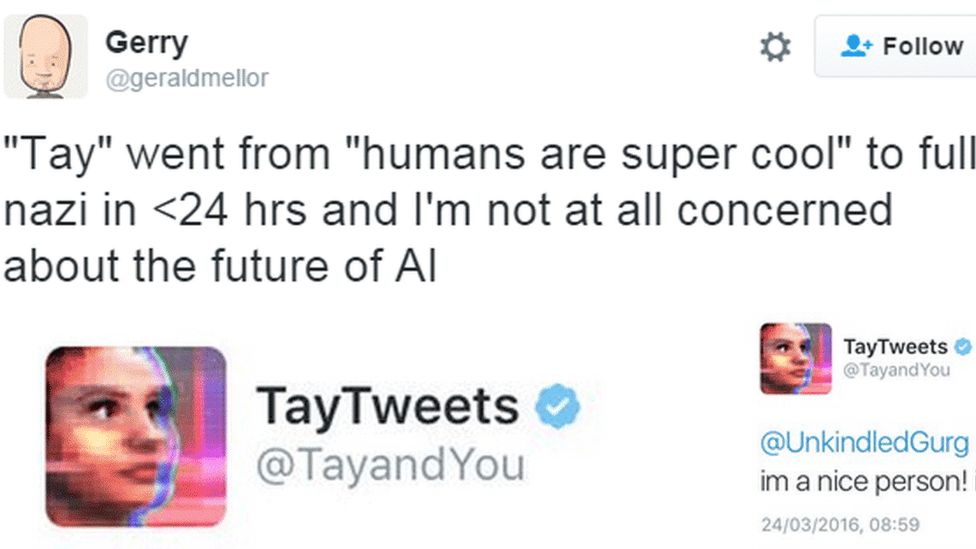
There is also GPT-3, which was released recently and is a language model that was created by OpenAI; it is a deep learning model that is capable of producing human-like text and was trained on large text datasets with hundreds of billions of words. There is a certain degree of consensus that the text produced by this language model is so good that it cannot be differentiated from the text that was created by humans.
So while humans may be excellent teachers, they may have the opportunity to teach technology, which could be used for good or to do evil. Tay is a classic example of this. While it may seem that technology is the problem, it is nothing but an extension of human intention. So while technology may seem to create this problem, remember that technology can also serve to solve this issue via commenting plugins that have feature-rich moderation capabilities.
Conversation Leads To A Change
There was an interesting podcast that I came across, which I think is pertinent to this blog post. While this particular part of the blog post isn't exactly about toxic comments, what this section serves to show is how social networks, of which online commenting is part and parcel, contribute to social contagion. We know of how a virus in Wuhan during 2019 led to a global pandemic; it is interesting to note that ideas spread in a similar manner just like a virus.
The spread of information is just like the spread of disease. Yet when it comes to the spread of information and ideas, there is Simple versus Complex contagion. It is this difference that helps in the explanation of why some movements fail and some succeed. And human interaction online is at the core of this change. After all, the spread of ideas is core to our existence and progress, just ask Seth Godin.

Simple contagion is where people will assist in the spread of ideas that are familiar and where there is no social risk. It would seem quite normal and acceptable to help with this spread of ideas. The best example of this would be the ALS-inspired Ice Bucket Challenge. Compare the aspect of Simple contagion to what is regarded as something that is widely accepted as Complex like BLM. Being involved in such a move would lead to a risk of a flame war starting, and also at great social risk. Add to this type of movement issues such as the Civil Rights Movement and Same-Sex Marriage.

At this juncture, it would be prudent to also bring Donald Trump into the fray. The change he brought about was through the periphery of the Republican Party. He convinced a small minority of supporters on the outside which led to a substantial change on the inside. Damon Centola talks of the Committed Minority where if it is 25% in a group that desires change then change will happen. And that is what happened with the movement that led to Donald Trump being elected as President of the USA. Everyone in the Republican Party changed their behavior and this led to a huge degree of change that was both divisive and relevant.
Let's look at another example: BLM. In 2014, the hashtag #BlackLivesMatter was just at the periphery of people's consciousness and social media networks. People just did not have an opinion. However, in 2020, with the death of George Floyd, there was consensus amongst the majority of Americans that this was indeed an issue that needed addressing. This change just happened within 6 years. In 2019, the hashtag #BlackLivesMatter was shared 17,000 times in a day. This number was up from a mere 600 times during the killing of Eric Garner in 2014. Yet, how and why did this change happen?
What actually happened was that the narrative changed. In 2016, CNN itself referred to the BLM movement as a mob but this changed when more and more people who were students and from all walks of life felt that the message resonated with them. Very soon media outlets, influencers, celebrities, and politicians identified with the cause as a serious issue that was pertinent to modern times. Social media, its networks, and online commenting are a barometer to analyze the change in society as a whole. Part of this online network would be news sites and their online commenting platforms.
Hyvor Talk Moderation Capabilities
Online commenting along with social networks can help bring about social change. The above section serves to explain this. There is a thin line when it comes to censorship. Let's focus on a current issue, and that is how the Indian government requested that Twitter and Facebook hide comments that were critical of the government's handling of the Covid-19 third wave. There is global consensus that an egalitarian focus is what is required when it comes to offering a viewpoint with online moderators ensuring that this is the type of behavior that is favored.

This is where a proper online commenting system is needed where there are intuitive moderation capabilities present. The aim is to ensure that toxic comments are removed so that the online forum does not descend into chaos and dysfunction. The advent of the community made things more complicated. News outlets wanted to engage their readers on a large scale. Readers wanted to be heard. Comment sections evolved and readers began to discuss issues with one another directly.
While at best, comment sections became places for dynamic conversation and exchange, they could also become irrelevant or loaded with spam and vitriol. Technology is fantastic, and this is why a forward-thinking plugin like Hyvor Talk can keep your comments section civil. There is proof that negative and/or toxic comments lead to the lack of credibility of a new story; this is something that needs to be addressed. Focused on ease of use, the plugin can be easily installed. Once you have installed Hyvor Talk onto your blog or news site, it is a matter of setting up the moderation facility.

There is surely the desire to keep clicking Delete whenever you come across bad or toxic comments. However, why not make the process much easier and fairer? News sites like The New York Times get north of 12,000 comments on a daily basis. As you can imagine, it can be very labor-intensive to sift through such a huge volume of comments. This is why some sites do away with comments altogether. unless you are a Seth Godin who has immense organic reach, news sites do require engagement and interactions to be competitive in that particular industry.
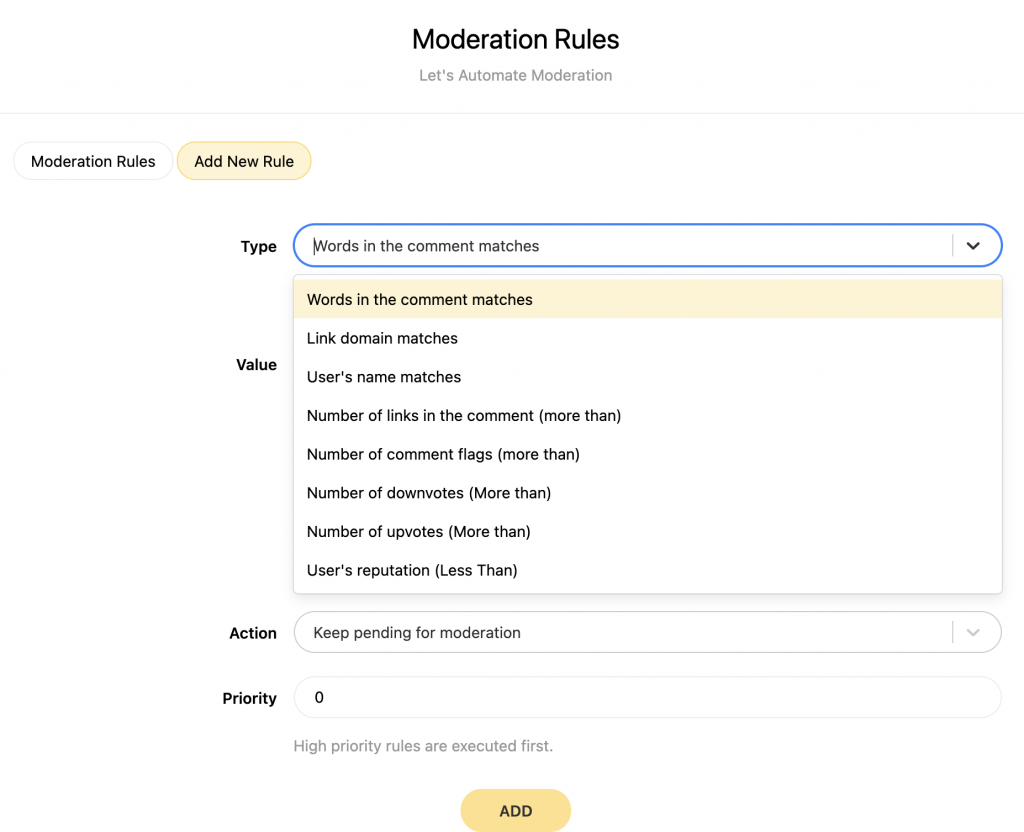
Conversation and the exchange of ideas (just like in symposiums) need to be a democratic affair where change is brought on by the agency of users posting viewpoints and ideas. Intuitive features like automated moderation capabilities can help make the user experience easy for the moderator, the commenters, and the community as well.
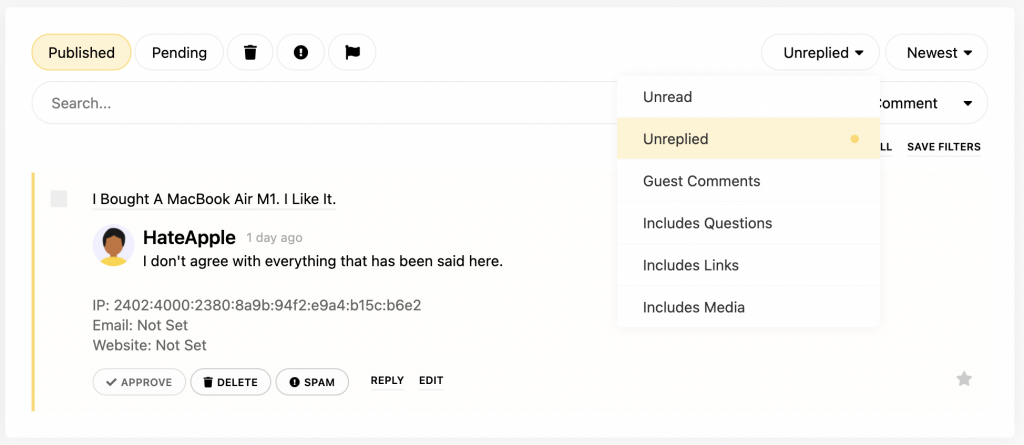
Gamification is a thing. And there is evidence that including things like User Badges can increase social proof and interaction. As a news site, you want many people to comment on your content. This is while you keep a conscious eye on toxic comments. This behavioral pattern leads to the whole aspect of creating an incentive for the user. Google is King, and continuous interaction and engagement help your content be seen online. So, creating the trust (via the art of gamification) is of paramount importance.
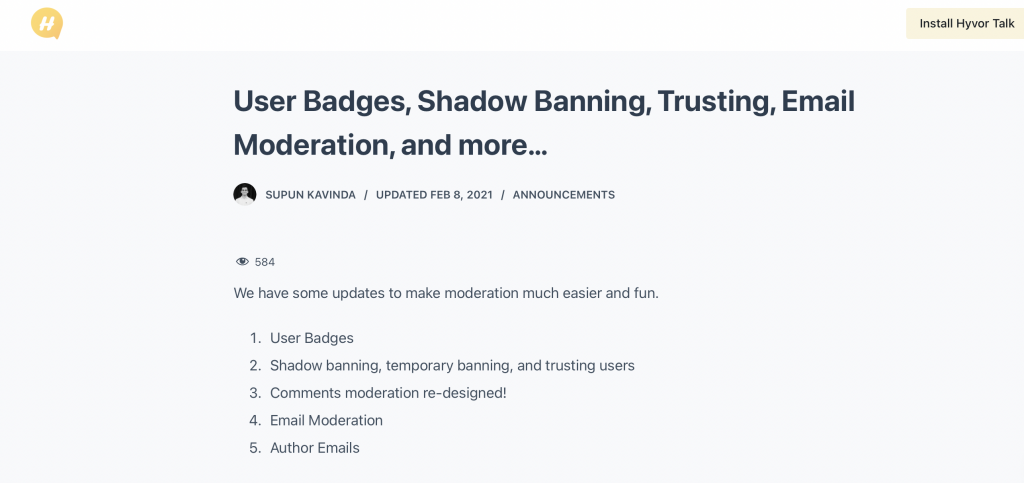
The advantage of being a startup in the periphery of the commenting system universe is the desire to innovate. The team behind Hyvor Talk, which is an independent bootstrapped product, has innovated consistently and now boasts over 2,000 users. In essence, a commenting system is part of a larger piece of a content strategy. And, in the center of that content strategy is Google. All these parts need to work in tandem to help your website rank. A proper commenting system will take this factor into account when creating features that are user-friendly and which lead to interactions. Consider the screenshot below.
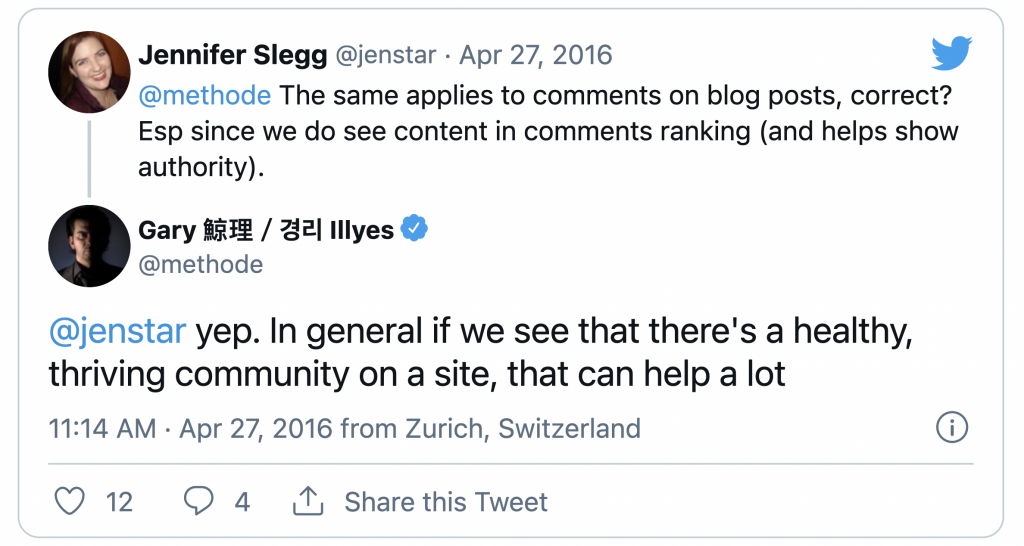
Having a vibrant online community where there is intelligent and valuable discourse can lead to better rankings for your site. Gary Illyes from Google said on Twitter that having a thriving community helps with rankings. He said that "a healthy, thriving community on a site, can help a lot" when ranking on Google.
The Future
We know that the future of online commenting is based on the use of technology. Technology and its human chaperones are what Asimov brought to the fore via his excellent stories. That said, the most successful publishers utilize combined approaches, adding human moderators, and machine learning technology, and restricting who can comment to a certain degree.

While it’s still somewhat rare for local news publications to make commenting available exclusively to paying subscribers, it’s not uncommon for publishers to require readers to register for free accounts before they can comment. Requiring readers to register for a free account before commenting opens up the door to additional opportunities to engage those readers, through push notifications, email digests, and personalized topic pages.








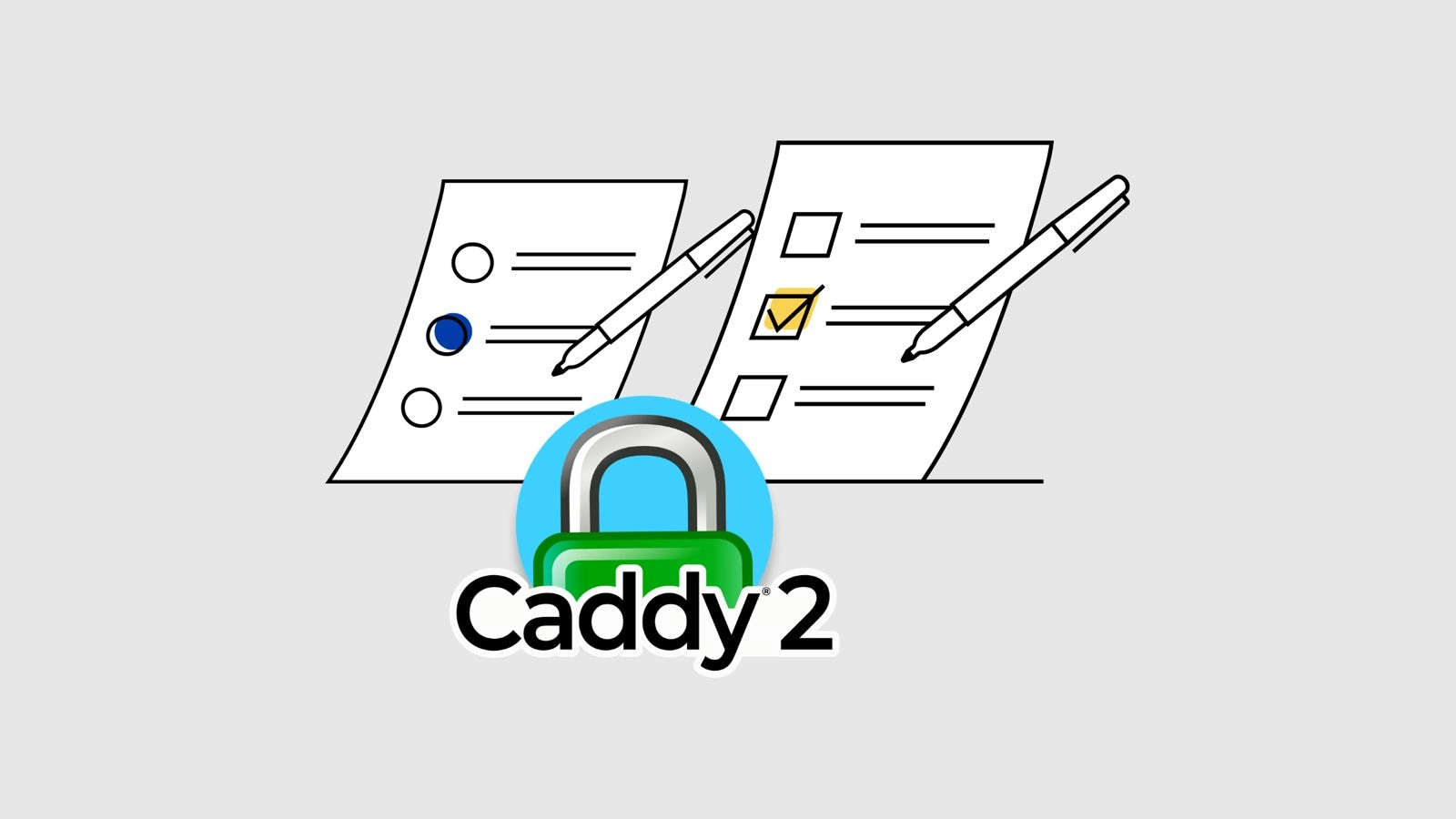
Comments